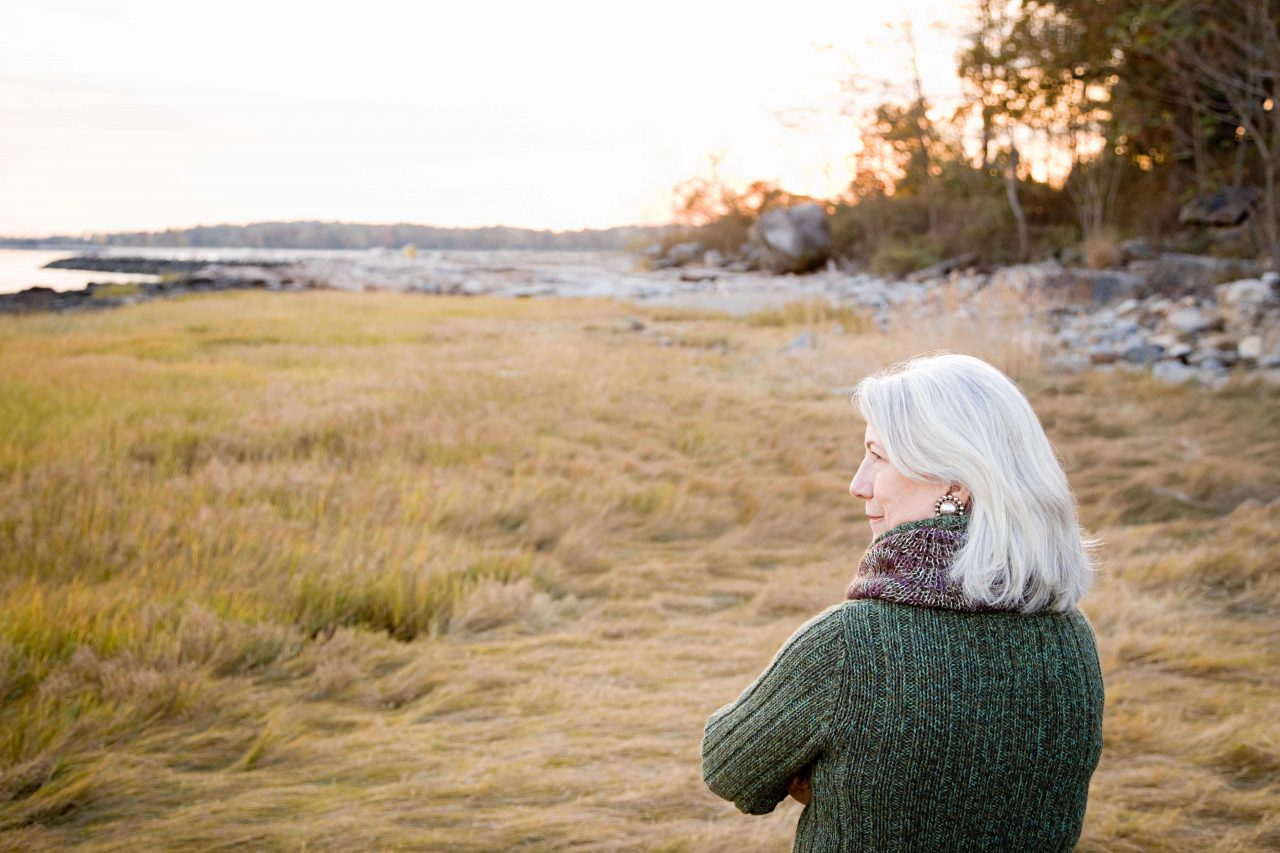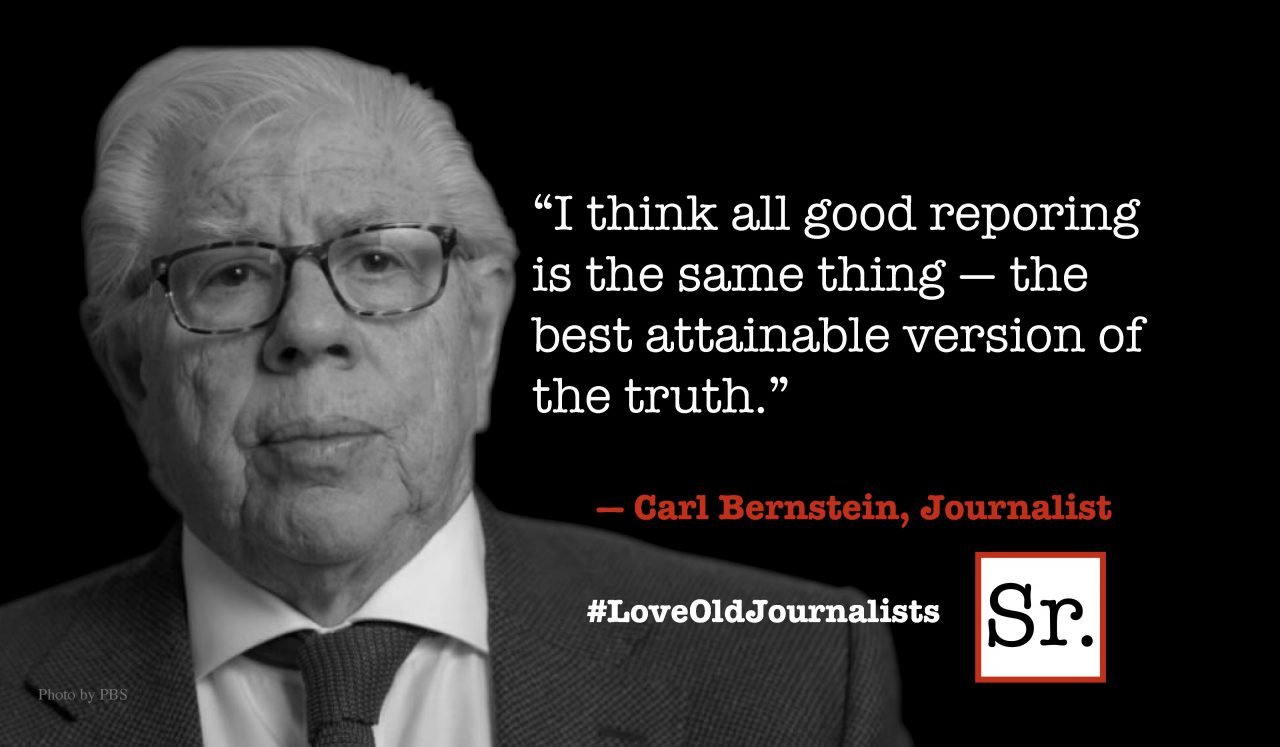It feels so good to squat and bend again! Sounds crazy, right? Not to me. For six weeks post-hip replacement surgery, I couldn’t do either. I could only do this left leg lunge (with my right leg kicked back and straight), when I needed to reach down and pick something up — or put something down. I was dutiful about following these precautions — but now that they’ve been lifted, squatting and bending feels so sweet!
This reminds me of the value of simple pleasures, something I learned about at an aging conference several years ago. At that time, I was looking for ways to enhance the later life experience for residents I was supporting in several retirement communities. I loved this idea because it’s practical, economical, and meaningful too.
Dr. Allen Power’s book “Dementia Beyond Disease” gave me more to dig into for enhancing joy and well being for those with cognitive and physical disabilities. He writes, “Simple pleasures are exactly as they sound — simple activities or experiences that bring pleasure … We all have them. They could be as varied as playing with a child, or sitting with a cup of coffee and watching the sunrise.” Key — they’re simple and can be engaged in without a lot of time or expense, and they’re personal and unique for each of us.
This made good sense to me. The big stuff of life is exciting — like my adventure trip to Scotland last summer — but they don’t happen every day. Not even every year. But small and simple pleasures, they can be indulged at any time and at any age.
What’s on my list? My morning coffee, a child’s laugh, puppies, Netflix binge watching, a Dairy Queen splurge, fresh flowers, puzzle time, a chatty call with a faraway friend, a spoonful of peanut butter, being warmly greeted by my dog when I walk in the door, sitting outside on a beautiful day, a good shampoo and head massage at the hair salon.
Julia Cameron provided me another view of simple pleasures in “It’s Never Too Late to Begin Again.” This updated version of her popular “Artist’s Way” course is filled with activities and tasks to help readers discover creativity and meaning at midlife and beyond. One of my favorites is a task called “Touchstones.” The instructions: list five things you love for each of the five senses (taste, touch, smell, sound, and sight). Here are some of the things I chose:
Taste: Chili Chocolate, coffee ice cream
Touch: sorting puzzle pieces, the feel of flannel
Smell: homemade chicken tortilla soup, cinnamon
Sound: birds singing in the early morning, chimes
Sight: the ocean, my best friend’s face
Back when I was focused on enhancing life for senior living residents, I started a Music & Memory program. I loved this idea from the moment I learned about it. Music & Memory focuses on delivering personalized music via iPods and phones to tap deep memories and spark a connection. Most importantly, it honors each person’s individuality. The love of music is almost universal in nature — but the music we love is not.
Developing this program sounds simple, but it wasn’t. Many of the residents in our higher, more supported levels of living couldn’t tell us what music they love and what songs they wanted to be added to their playlist. This made me think then — and again now — wouldn’t it be great if we created our music playlists early on in the aging process, with needed tweaking done along the way?
And couldn’t this apply to simple pleasures and touchstones too? Sure, we might always be able to communicate our preferences to those around us. But what if we can’t? And what if these things aren’t known, and we miss out on these accessible things we love and enjoy?
So I’m taking action now. I’m creating my lists. Then I’ll put them in a box or folder labeled “About Sue — My Simple Pleasures.”
Like so many things about aging well, it’s never too soon to start and can easily become too late. We don’t know what the future holds and what it might bring for us. What I do know is that quality of life means more to most of us than quantity. So anything we can do to add joy and well-being to life is a good thing. Today and always.









